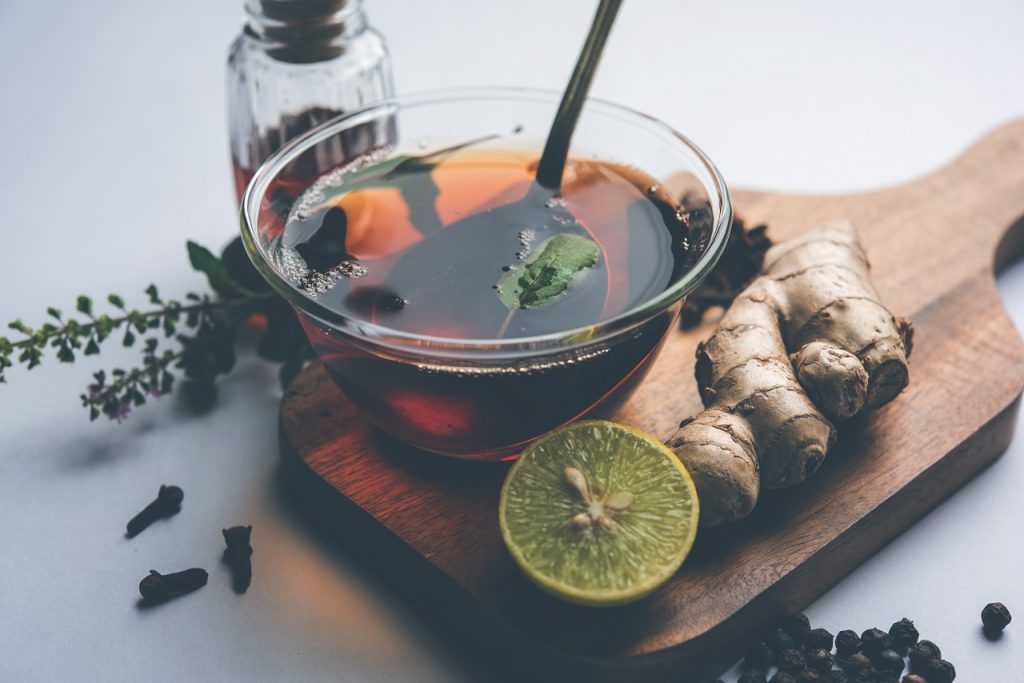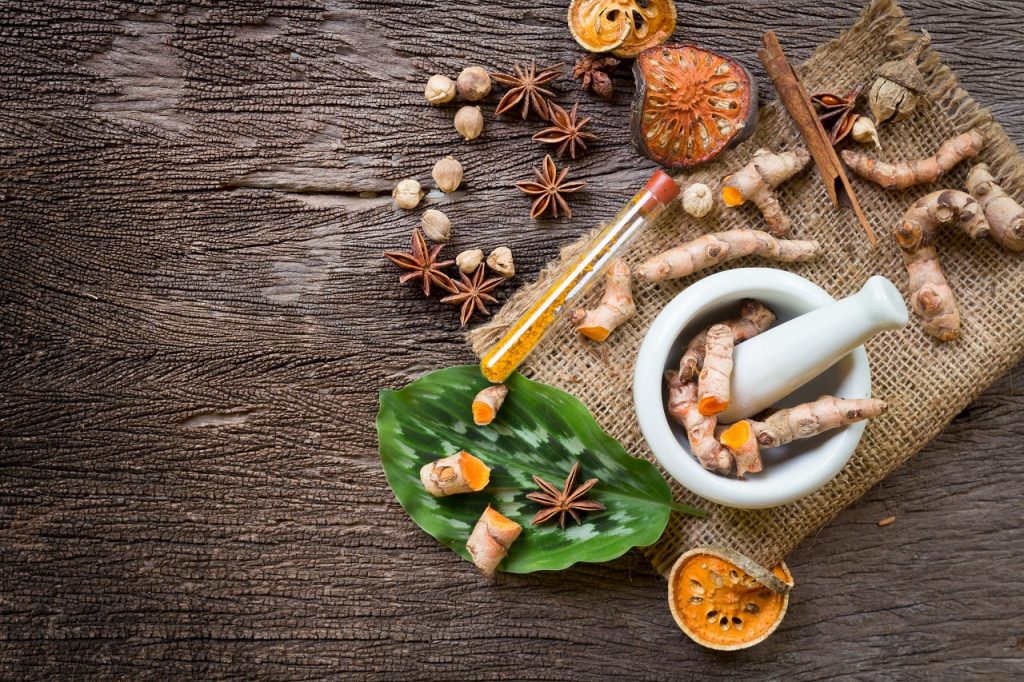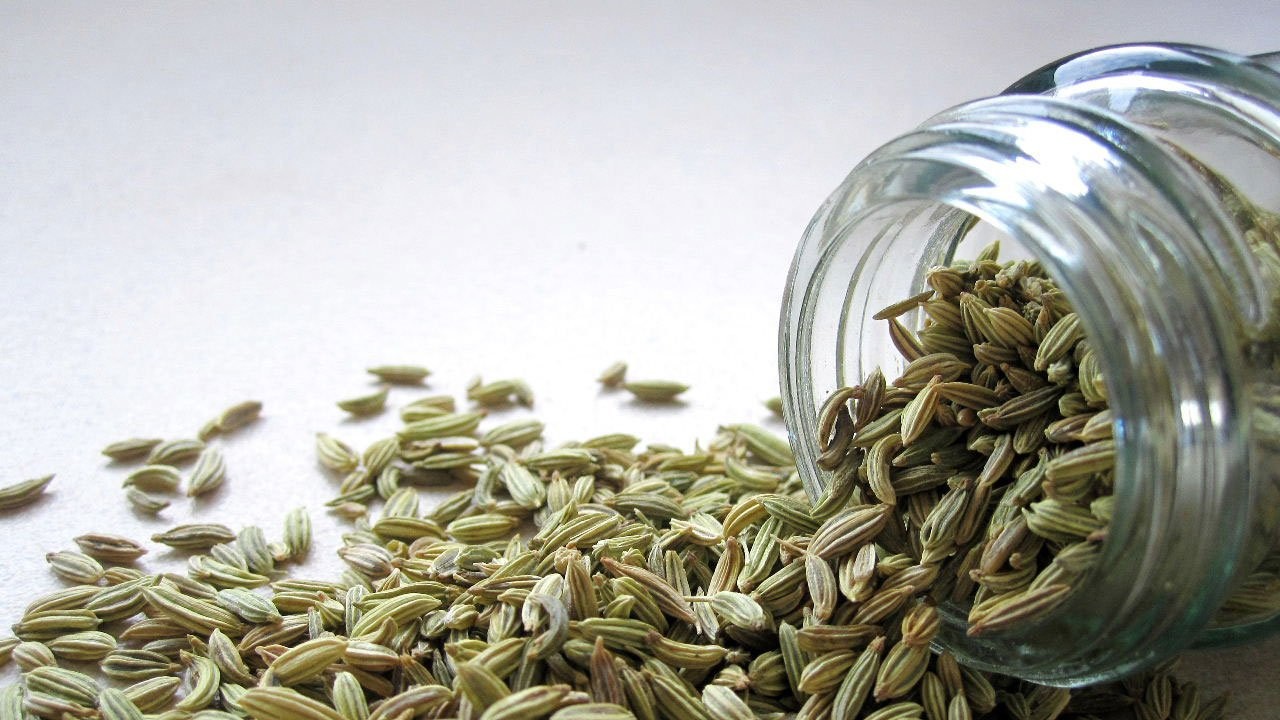 While personal hygiene and social distancing measures are essential to stay safe, we can also turn to traditional Ayurvedic wisdom to raise immunity levels. As a holistic health system, Ayurveda has always regarded disease prevention as the key to maintaining health. Accordingly, a great amount of Ayurvedic literature focuses on diet, lifestyle, and home remedies to boost immunity. Since there’s already plenty of information on immunity boosting foods and remedies, we are going to put the spotlight on foods that are bad for immunity.
While personal hygiene and social distancing measures are essential to stay safe, we can also turn to traditional Ayurvedic wisdom to raise immunity levels. As a holistic health system, Ayurveda has always regarded disease prevention as the key to maintaining health. Accordingly, a great amount of Ayurvedic literature focuses on diet, lifestyle, and home remedies to boost immunity. Since there’s already plenty of information on immunity boosting foods and remedies, we are going to put the spotlight on foods that are bad for immunity.
8 Foods That Are Bad For Immunity
- Fried Foods: We love our fried foods, from samosas to bhajias, but it’s time to make some sacrifices. Whether it’s farsan or burgers, all fried foods are loaded with fats, including trans fats. This is known to trigger inflammation, weakening immune function. So, although you might be eating home cooked meals during this time, try to skip the fried and deep fried foods. This will help to keep your immune function strong.
- Sodas and Colas: Even if we are not that addicted to sodas yet, now would be a good time to curb the habit. It really doesn’t matter if you only drink diet soda or carbonated drinks with ‘no added sugar’. They are all artificially sweetened and have no nutritional value whatsoever. Phosphoric acid, which is present in most sodas, depletes calcium and magnesium levels, both of which are vital for good immune function.
- Canned Soups: In our current state of lockdown, canned foods like canned soups may seem like the healthiest choice. Unfortunately, the convenience of such instant foods comes with a price. Most instant soups (and other instant foods for that matter) contain high amounts of sodium, corn flour, maltodextrin, and other artificial preservatives and flavoring agents. These ingredients are known to increase the risk of lifestyle diseases and infections because of impaired immune function.
- Sugary Snacks: Ayurveda has always recognized the risk posed by artificially sweetened foods. This ancient wisdom is now accepted as a scientific fact, as we know that high sugar intake triggers chronic inflammation and suppresses the immune function, making you more vulnerable to all types of infections – viral, bacterial and fungal. Ice cream, pastries, and chocolates may be your comfort foods but they are simply not a good way to survive social isolation.
- Red Meats: are to be strictly avoided according to Ayurveda to protect against infection. A sugar called Neu5Gc is found in red meats and unlike fruit sugars, this sugar is not digested by the body. Instead, it is absorbed into tissue and triggers inflammation and suppresses immunity. Additionally, red meats are also high in fats that we know are bad for immunity.
- Foods with MSG: MSG came into the spotlight some years ago when instant noodles were briefly off the shelves. Sadly, the ingredient hasn’t disappeared altogether and you’ll find it in a whole lot of processed and instant foods. Look at those food labels carefully. MSG is bad for your immunity as it causes oxidative stress to the thymus and spleen, which are vital for healthy immune function.
- Alcoholic Beverages: Although Ayurveda recognizes the medicinal value of natural alcohols, recreational consumption of alcoholic beverages is regarded as toxic to the body. Alcoholic beverages are known to have high sugar content, impair sleep, increase inflammation and damage the gastrointestinal lining. This severely impairs immunity and increases vulnerability to infections.
- Caffeinated Beverages: The need for harmonious living in accordance with the rhythms of nature is central to Ayurveda. Stimulants like caffeine can disturb this natural rhythm, especially when consumed later in the day. This is known to impair sleep, which is vital for strong immunity. Caffeinated drinks are also known to increase acidic levels in the body, which can increase inflammation and suppress immunity.
Reconnecting with our rich heritage of Ayurveda can help us through these tough times. Remember, Ayurveda is not about restriction but balance and harmony. So, in addition to eliminating these bad food choices, try using immunomodulatory herbs like tulsi, amla, and neem to boost immunity and stay safe from infections.
We hope this article on foods that are bad for immunity helps you make a positive shift to a healthier lifestyle. For more on Healthy Living, check out Healthy Reads or ask a GOQii Coach by subscribing for personalized coaching here: https://goqiiapp.page.link/bsr
#BeTheForce
 Ayurveda, the “Science of Life” is an invaluable treasure to India from our ancestors which is trending even in the second wave of the current pandemic. According to classical texts, the aim of Ayurveda is “To maintain the health of a healthy person through prevention and to treat the health issues of a sick person”. Our body needs to maintain good metabolism and immunity to fight against foreign invaders like germs and other external disease-causing factors. So, it is critical for us to maintain and boost our immunity on a regular basis to maintain our health. Ayurvedic concoctions are the best and easy choice to make at home yourself and have it frequently.
Ayurveda, the “Science of Life” is an invaluable treasure to India from our ancestors which is trending even in the second wave of the current pandemic. According to classical texts, the aim of Ayurveda is “To maintain the health of a healthy person through prevention and to treat the health issues of a sick person”. Our body needs to maintain good metabolism and immunity to fight against foreign invaders like germs and other external disease-causing factors. So, it is critical for us to maintain and boost our immunity on a regular basis to maintain our health. Ayurvedic concoctions are the best and easy choice to make at home yourself and have it frequently. The importance of healthy immune function is something we tend to neglect until it’s flu season or we are faced with a pandemic. With the ongoing coronavirus outbreak, you’re probably reaching for vitamin C capsules, but there’s a lot more you can do to strengthen immunity. Vitamin C supplementation is not the most effective immune-boosting strategy, as dietary intake of nutrients is more effective than supplementation. Moreover, there are other nutrients and natural therapeutic ingredients, diet, and lifestyle practices that are important for healthy immune function. Ayurveda emphasizes the importance of such practices at all times because of its focus on disease prevention. It makes sense for us to revisit some of the best Ayurvedic remedies for immunity at this time.
The importance of healthy immune function is something we tend to neglect until it’s flu season or we are faced with a pandemic. With the ongoing coronavirus outbreak, you’re probably reaching for vitamin C capsules, but there’s a lot more you can do to strengthen immunity. Vitamin C supplementation is not the most effective immune-boosting strategy, as dietary intake of nutrients is more effective than supplementation. Moreover, there are other nutrients and natural therapeutic ingredients, diet, and lifestyle practices that are important for healthy immune function. Ayurveda emphasizes the importance of such practices at all times because of its focus on disease prevention. It makes sense for us to revisit some of the best Ayurvedic remedies for immunity at this time. The age-old secrets of health can be found in the simplest of ingredients in our kitchens. We just need to unveil them. Fennel Seeds are used in traditional rituals and celebrations as a symbol of Nature. In Ayurveda, Fennel Seeds are considered very beneficial. It is used to increase stamina and promote longevity, also used by nursing mothers in order to increase breast milk. Fennel Seeds are extensively used in Indian recipes. It is an effective aid to digestion, treating bloating, gas, or cramps and also acts as a diuretic. In foods and beverages, Fennel Oil and Fennel Seeds are used as flavoring agents.
The age-old secrets of health can be found in the simplest of ingredients in our kitchens. We just need to unveil them. Fennel Seeds are used in traditional rituals and celebrations as a symbol of Nature. In Ayurveda, Fennel Seeds are considered very beneficial. It is used to increase stamina and promote longevity, also used by nursing mothers in order to increase breast milk. Fennel Seeds are extensively used in Indian recipes. It is an effective aid to digestion, treating bloating, gas, or cramps and also acts as a diuretic. In foods and beverages, Fennel Oil and Fennel Seeds are used as flavoring agents.


